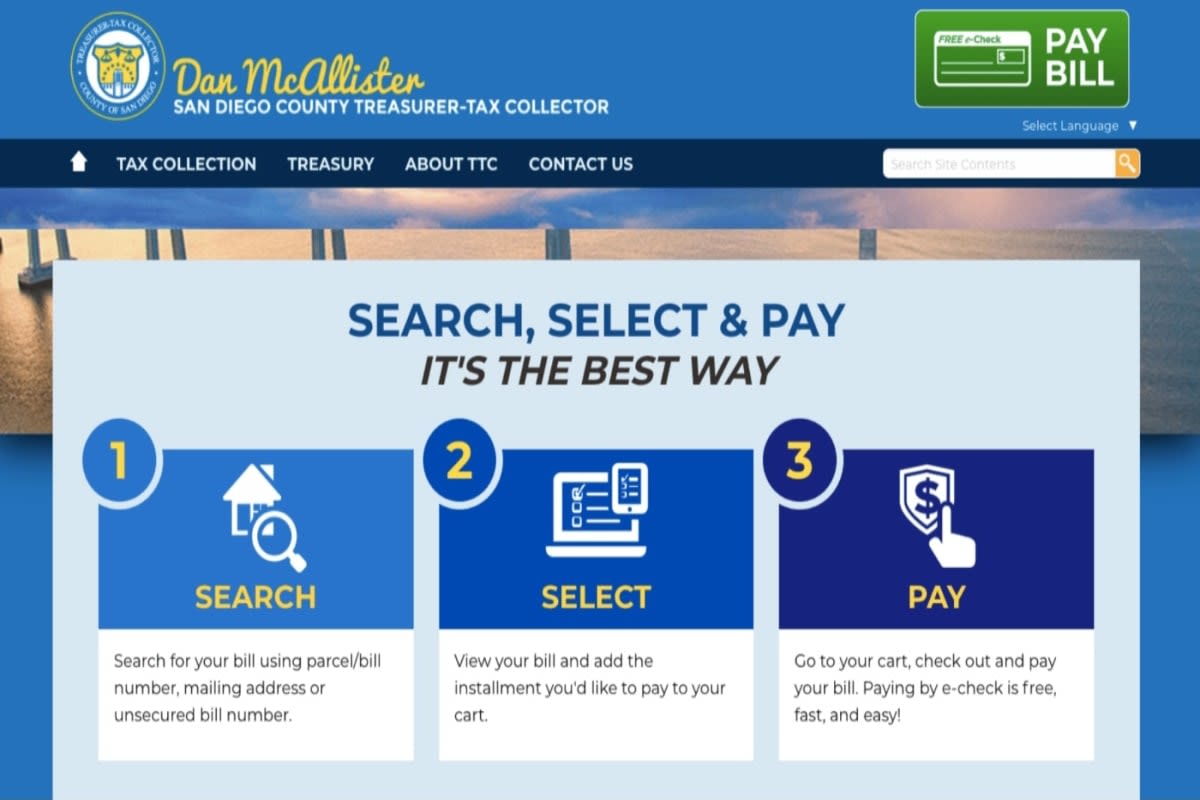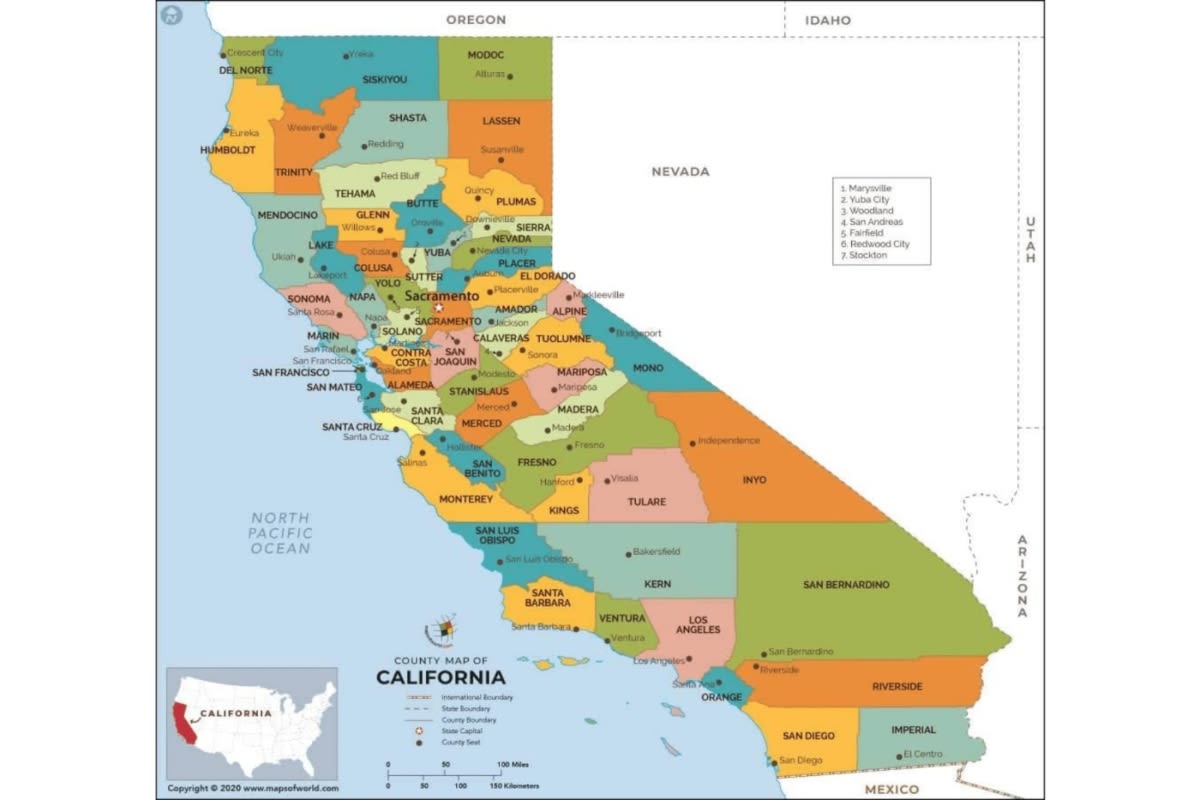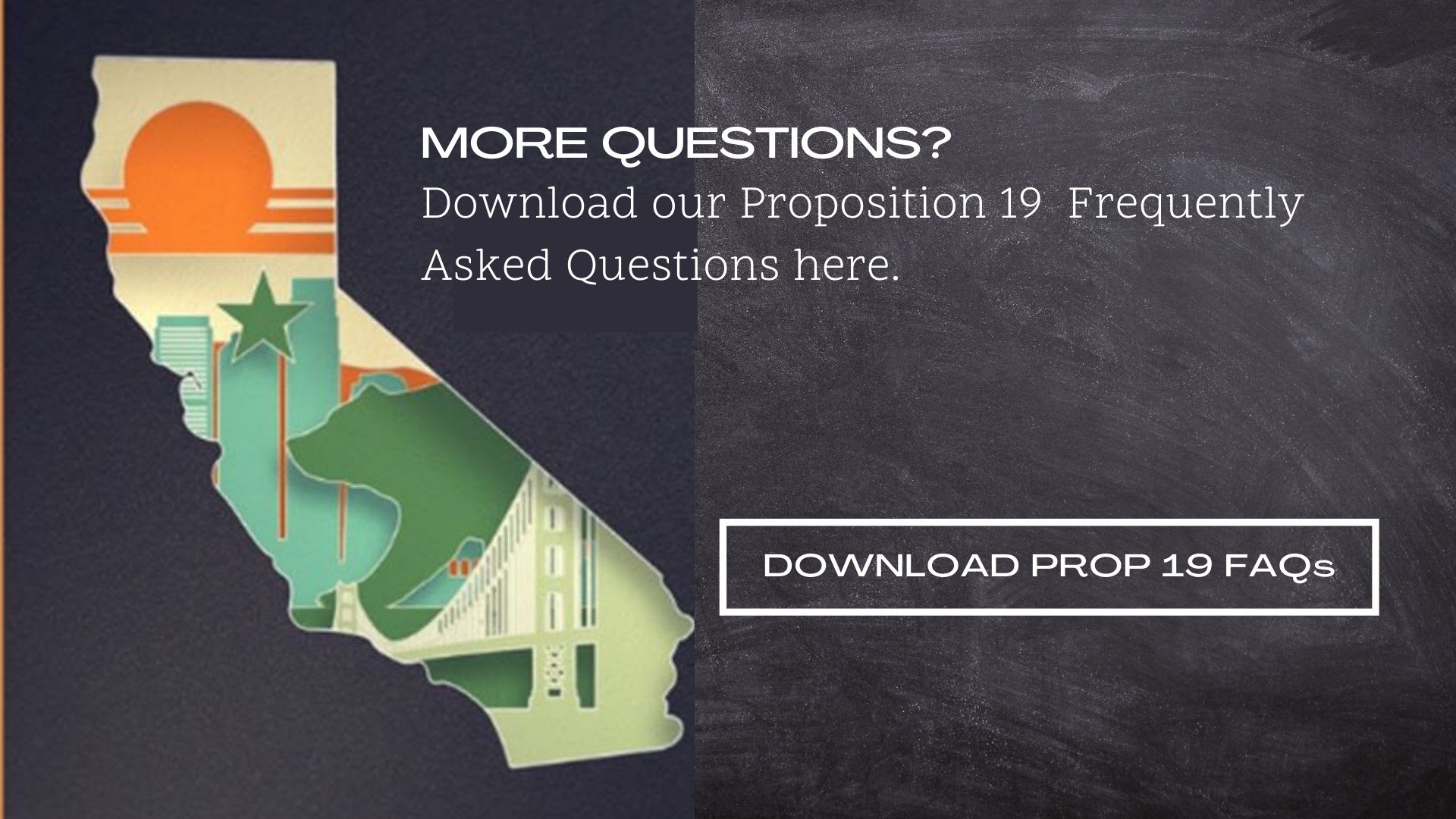PROPOSITION 19 - WHAT YOU NEED TO KNOW
ABOUT PROPERTY TAX BREAKS & NEW RULES ON INHERITED PROPERTY TAX

California voters approved Proposition 19 in the November 2020 elections. This new amendment provides tax breaks to eligible homeowners and changes tax rules for inherited property transfers. In this post, we will explain Proposition 19 and what it means to homeowners in California.
What is Proposition 19 and how does it apply to homeowners in California?
Proposition 19 is the Property Tax Transfers, Exemptions, and Revenue for Wildfire Agencies and Counties Amendment. As this is a complex measure, and to simplify, we are exploring the Proposition in two parts:
-
Expanded property tax break rules to eligible homeowners - Read below.

PART 1: EXPANDED PROPERTY TAX BREAKS TO ELIGIBLE HOMEOWNERS
Eligible homeowners may be able to transfer their home tax assessments anywhere within the state.
Who is eligible for the tax breaks?
Homeowner’s who are:
-
55 years of age or older, or
-
Severely disabled, or
-
Whose home has been substantially damaged by wildfire or other natural disasters.

What are the requirements to take advantage of the tax breaks?
Homeowners may be eligible to transfer the taxable value of their existing home (primary residence) to a replacement home (a new primary residence):
-
Anywhere within the state of California.
-
Of any value, but with upward adjustments if the replacement home is of greater value.
-
Purchased or newly constructed within two years of sale.
-
Up to three times (previously one time), but without limitation for properties destroyed by fire.
What are the benefits to eligible homeowners?
This initiative can save people thousands of dollars every year on their property taxes. Eligible homeowners can transfer their tax assessments to a different home of the same or lesser market value, which allows them to move without paying higher taxes.
If my replacement property is of equal or lesser value, does the tax basis of the replacement property change?
No. The taxable value of the original property may be transferred and become the taxable value of the new one.
How does it work if my replacement home is of greater value?
The new taxable value is calculated by adding the difference between the full cash value of the replacement property and the original property to the original taxable value.
For example, if a person over 55 sold their home with an assessed value of $200,000 for $2 million and bought a new home for $3 million, the new home’s assessed value would be $1.2 million, which is the $200,000 assessed value, plus the $1 million increase in home value.

How do I find the assessed taxable value of my current home?
-
Go to San Diego County Treasurer-Tax Collector’s Office website.
-
Search for your property tax bill by using your address.
-
Your net taxable value can be found in item #7 on your property tax bill.
Please contact us if you need help locating the assessed taxable value of your current home.

When does Proposition 19 go into effect?
Proposition 19 is effective April 1, 2021

When does Proposition 19 go into effect?
Proposition 19 is effective April 1, 2021
If you have additional questions, such as tax base change due to a refinance, or if your home is held in a Trust, please download our Frequently Asked Questions here.
If you are looking to downsize or upsize, don’t let taxes trap you in a home that no longer works for you! You may be able to transfer those low property taxes to your new home.
Contact us today to develop a real estate strategy that works for you.
Sue & Gina & The De Legge Team
DRE # 01304408 | DRE #01746528

Source: California Association of REALTORS® Proposition 19 Quick Guide
Source: California State Board of Equalization
Sue, Gina and The De Legge Team are not tax advisors, whether you are buying or selling a property and have tax questions, we encourage you to consult your tax advisor, and/or contact your local tax assessor’s office to learn more about Proposition 19’s provisions and eligibility rules.
Want to learn more? Visit Prop10
Sue, Gina and The De Legge Team are not tax advisors, whether you are buying or selling a property and have tax questions, we encourage you to consult your tax advisor, and/or contact your local tax assessor’s office to learn more about Proposition 19’s provisions and eligibility rules.
Want to learn more? Visit Prop10






































































